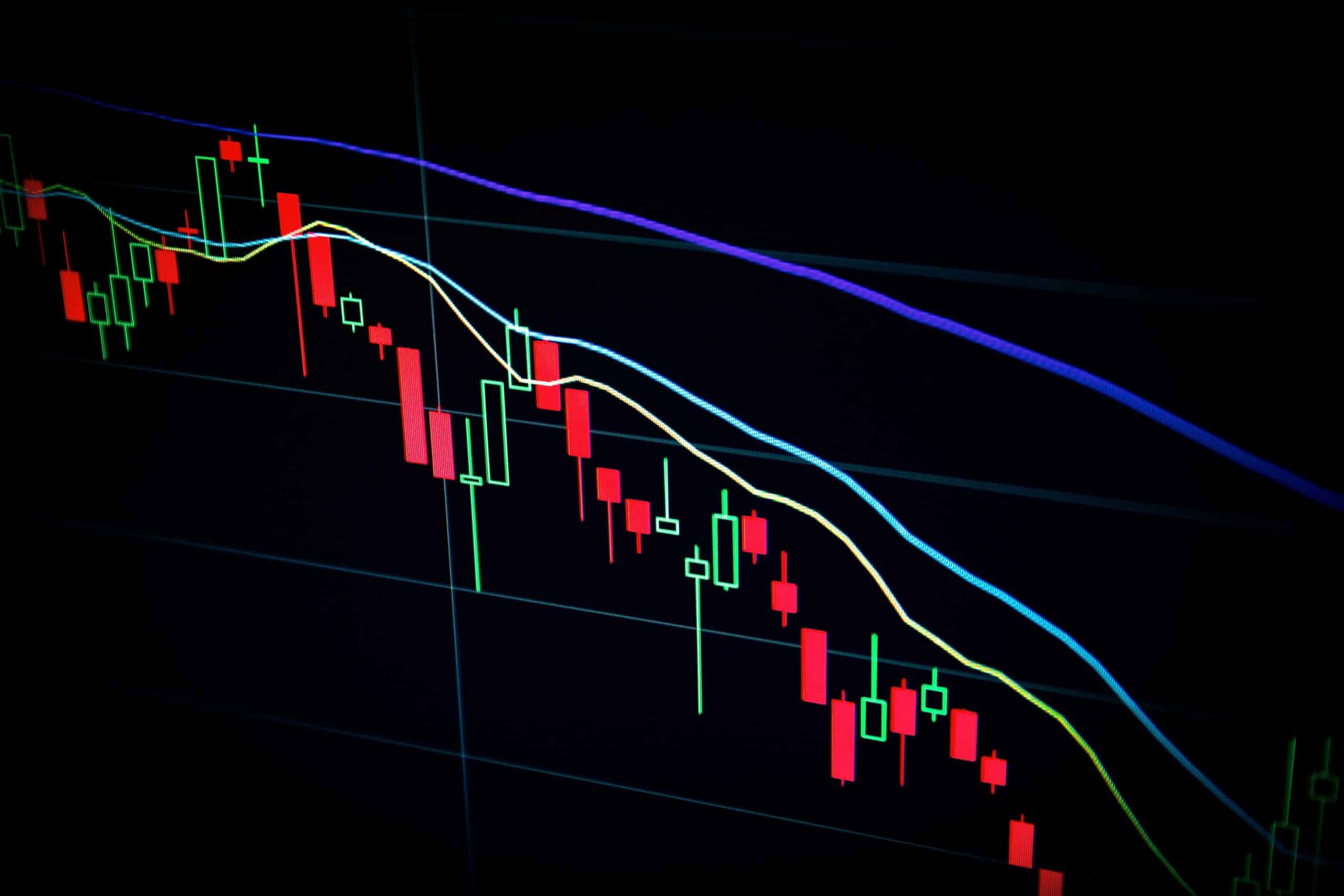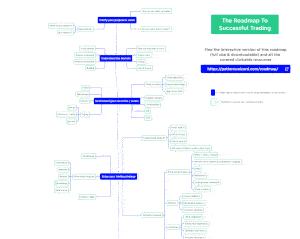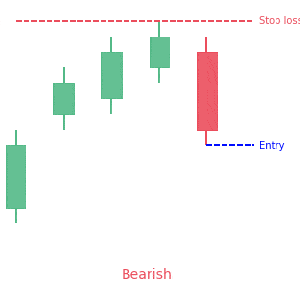Before you enter the complicated world of investing and trading, it is crucial to understand the difference between investing and trading. Which is better for you, investing or trading. And, which is more profitable investing or trading.
- Investment means buying and holding stocks, bonds, mutual funds, etc. for a longer time.
- Trading means buying and selling shares, commodities, or currencies to make short to medium-term profits.
People step into the profession of investing and trading to make profits. They aim to grow their wealth using existing capital. However, there are differences between the two activities. Let us dig a bit deep and learn how investing is different from trading.
What is investing?
Investment means buying and holding stocks, bonds, mutual funds, etc. for a longer time. The aim of the investment is to generate regular income and build wealth over a prolonged period.
In more precise and polished words, equity investment means building a stock portfolio and managing its performance. When the expected performance is achieved and the time is right, then the traders take suitable market action. The period of an investment may vary from days, months, years, or even decades. The advantage of investment is that it generates income through dividends, interests, etc. That is the reason that the investment aim is to achieve regular income as well as to grow wealth.
What is trading?
Trading means buying and selling shares, commodities, or currencies to make short to medium-term profits. That means trading requires you to be active and it is also a short-term activity. The basic trading strategy is to buy at the lowest market price and sell at the maximum price to make profits. Traders need to be active, focused, and attentive to be successful in trading. They can utilize several techniques to limit their losses such as stop-loss to close trades at a predetermined level of prices.
Technical and fundamental analysis help traders to find highly profitable trades and trading positions. Moreover, choosing a suitable trading strategy and style is absolutely imperative in trading. They can choose a trading strategy by keeping in mind factors like personality traits, capital, timeframe, risk tolerance level, and experience. There are the following types of traders.
- Day traders: Day traders are short-term traders whose trading timeframe is just a few hours. They enter the trade at any time during trading hours and close their trade on the same day. They don’t hold trading positions overnight.
- Swing traders: Swing traders analyze the fundamentals of a company and keep their positions a bit longer than the other traders. However, they are also short to medium-term profit-seekers and remain active in the market.
- Scalp traders: Scalp traders are traders who seek a very small profit on numerous trades. They make a lot of trades daily while holding each trade for seconds or minutes. They don’t wait for long and close their trades to limit losses.
- Momentum traders: Momentum traders follow trends and volumes. They buy those stocks that are moving decisively in one direction. They closely follow the momentum and trends. Once the momentum gets at ease, they make their moves to take profits.
Investing vs trading: What are the key differences?
Time period
The first and the foremost difference between investing and trading is time. Investing involves longer timeframes while trading involves short to medium term timeframes.
Objective
Investors invest with the objective of making profits over a long period by buying and holding stocks. On the other hand, traders actively trade with an intent to make profits by frequently buying and selling stocks.
Risk
Both investing and trading involve risk but there is a difference. Investing comes with low risks and low returns over a short period of time. It offers good returns only in the long-term. Conversely, trading involves high risks but high potential returns in a shorter period of time.
Expected return
Investors expect 15-25% return per annum on their investments while traders expect 8-10% return per month.
Extra benefits
Investors can enjoy some extra benefits like dividends, stock splits, bonuses, etc. On the other hand, traders cannot get such extra benefits.
Strategies
Investing involves generating money through extra benefits or add-ons and overall rising share prices. Conversely, trading relies on strategies like timing the market. That means finding the right time to enter and exit your trading position.
Factors affecting trading strategy and approach
Business fundamentals like financials, industry, economy, competitors, etc. affect investments. On the other hand, factors like trader’s psychology, technical indicators, risk/reward, etc. affect trading.
Indicators
Investors use fundamental indicators like financial ratios etc. while traders use indicators like RSI, moving averages, etc.
Protective measures
Investors find fundamentally strong companies with the potential to bounce back to a true value. That is a protective measure that can cover all their losses. Whereas, traders use techniques like stop-losses as a protective measure to limit their losses.
Level of involvement
Investors don’t need to be actively involved every day. They just study and analyze a company to invest in and then hold their investment for a longer period of time. Conversely, traders need to be active to enter and exit trades at the right times to maximize profits.
Market fluctuations
Market fluctuations on daily basis do not affect investments while they significantly affect trading.
Beliefs
Investors invest with the belief that companies will perform better and reward their shareholders. Whereas, traders have the belief that share prices will move in their desired direction.
Brokerage expenses
Investing involves only buying and holding stocks for a longer time. That means it incurs fewer brokerage costs. Conversely, trading requires frequent buying and selling and that is why incurs more brokerage charges.
Final thoughts:
Both investing and trading are successful ways to make profits in stock markets. Which is more profitable for you trading or investing? The answer to this question is straightforward. Both of them are profitable. However, if you want to choose one of them, you have to think about various factors. You can thoroughly study and analyze all those factors that make investing different from trading. For example, if you can remain active on the daily basis, trading suits you. Conversely, if you cannot do that, investing is the best way around.
Furthermore, investing suits those who have interests in studying financials, economies, accounts, etc. Trading is more suitable for those who have interests in trends, patterns, and charts. Trading is a full-time job while investing can be a part-time job. Finally, it is your personal preference that will decide to choose between investing and trading. Think well before you make your move as it crucial for your success in this adventure.

 Good Trading requires the Best Charting Tool!
Good Trading requires the Best Charting Tool!

 We loved Marwood Research’s course “Candlestick Analysis For Professional Traders“. Do you want to follow a great video course and deep dive into 26 candlestick patterns (and compare their success rates)? Then make sure to check this course!
We loved Marwood Research’s course “Candlestick Analysis For Professional Traders“. Do you want to follow a great video course and deep dive into 26 candlestick patterns (and compare their success rates)? Then make sure to check this course!